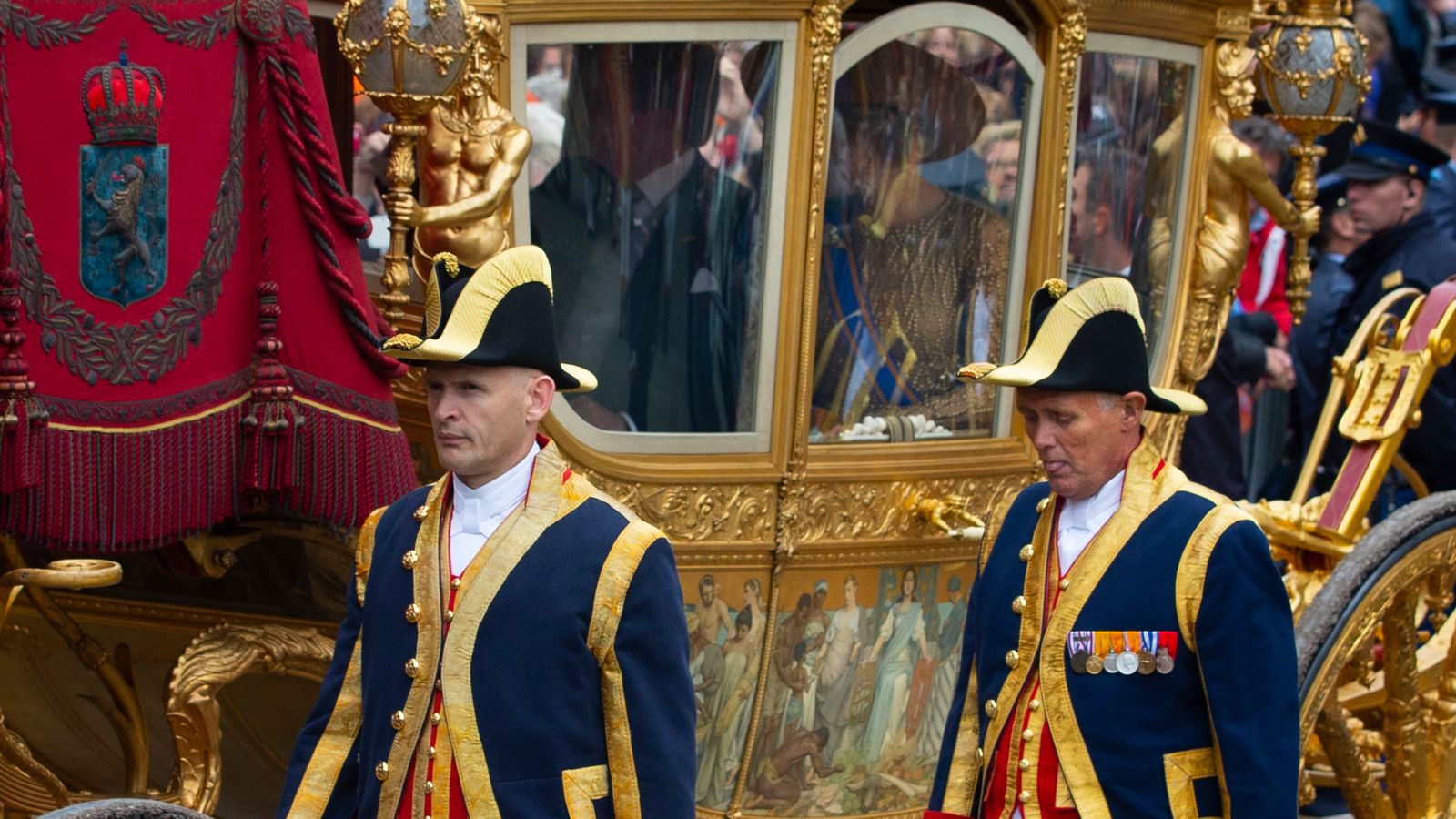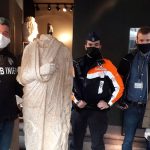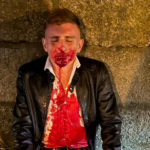The Netherlands’ King Willem-Alexander has ruled out using the royal family’s golden carriage after claims a painting on the side of it glorifies the country’s colonial past, including its role in the global slave trade.
It is decorated with a painting called Tribute from the Colonies that shows black and Asian people, one of them kneeling, offering goods to a seated young white woman who symbolises the country.
“The golden carriage will only be able to drive again when the Netherlands is ready and that is not the case now,” the Dutch king said.
The announcement comes amid a heated debate about the carriage, spurred by the Black Lives Matter movement, which has caused the country to examine its history as a 17th-century colonial superpower.
In the past, the golden wagon was used to carry Dutch monarchs through the streets of The Hague to the state opening of parliament each September.
“There is no point in condemning and disqualifying what has happened through the lens of our time,” the king said.
“Simply banning historical objects and symbols is certainly not a solution either. Instead, a concerted effort is needed that goes deeper and takes longer. An effort that unites us instead of divides us.”
COVID-19 and Omicron rise: How are countries around the world responding to the increasing cases?
COVID-19: Netherlands enters new nationwide lockdown to curb Omicron spread
More than 1,000 big cats, turtles and birds seized as part of worldwide trafficking investigation by Interpol
For now, the carriage will remain on display in an Amsterdam museum, where it has been following a lengthy restoration.
‘A good sign’ but the ‘bare minimum’
Anti-racism activist and co-founder of The Black Archives in Amsterdam, Mitchell Esajas, said the king’s statement was “a good sign” but criticised it for being the “bare minimum”.
“He says the past should not be looked at from the perspective and values of the present… and I think that’s a fallacy because also in the historical context slavery can be seen as a crime against humanity and a violent system,” Mr Esajas said.
Last year, the country’s national museum, the Rijksmuseum, staged a major exhibition that explored the country’s role in the slave trade.
At the time, Amsterdam’s mayor Femke Halsema apologised for the extensive involvement of the Dutch capital’s former governors in the trade.






















